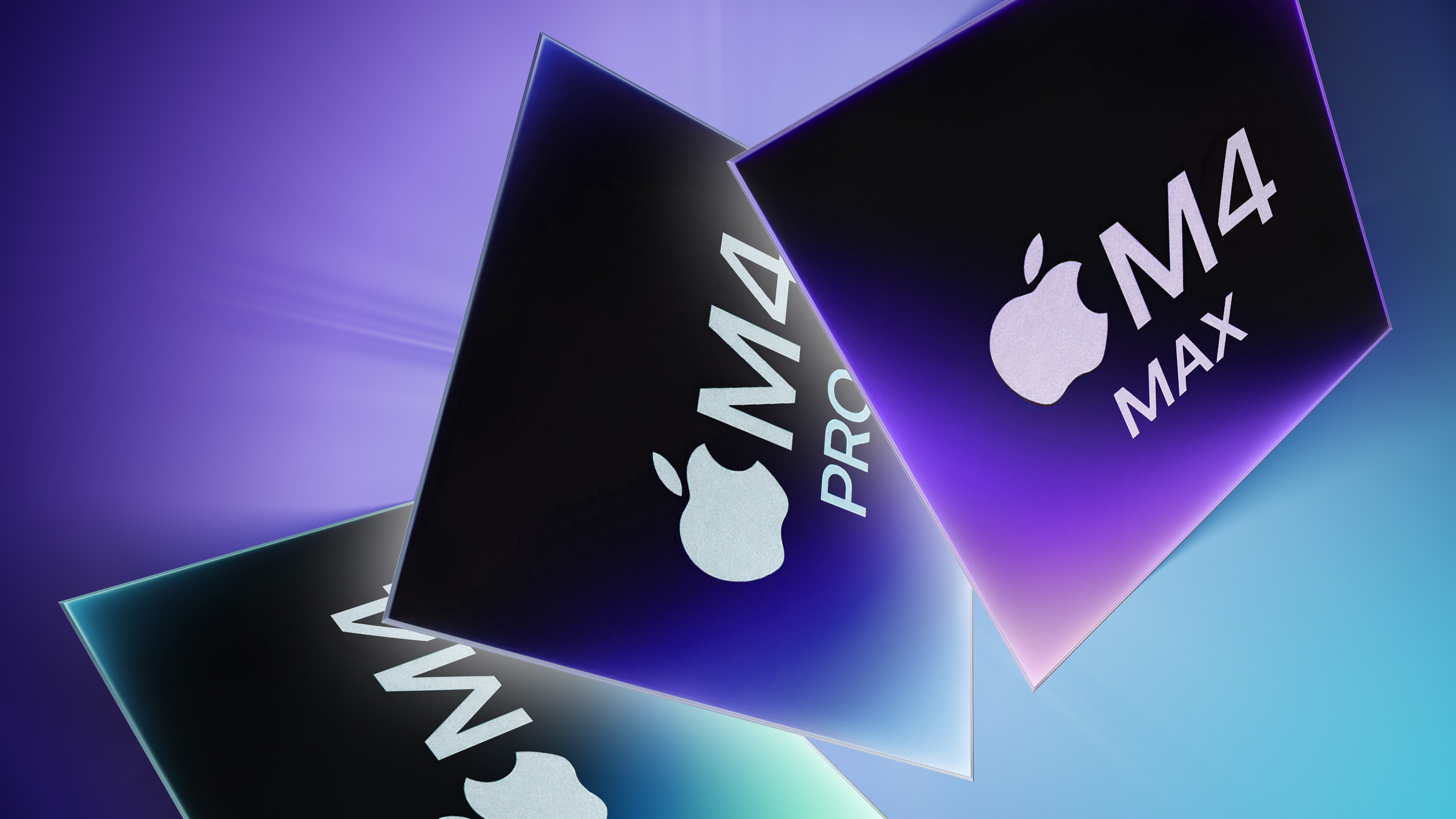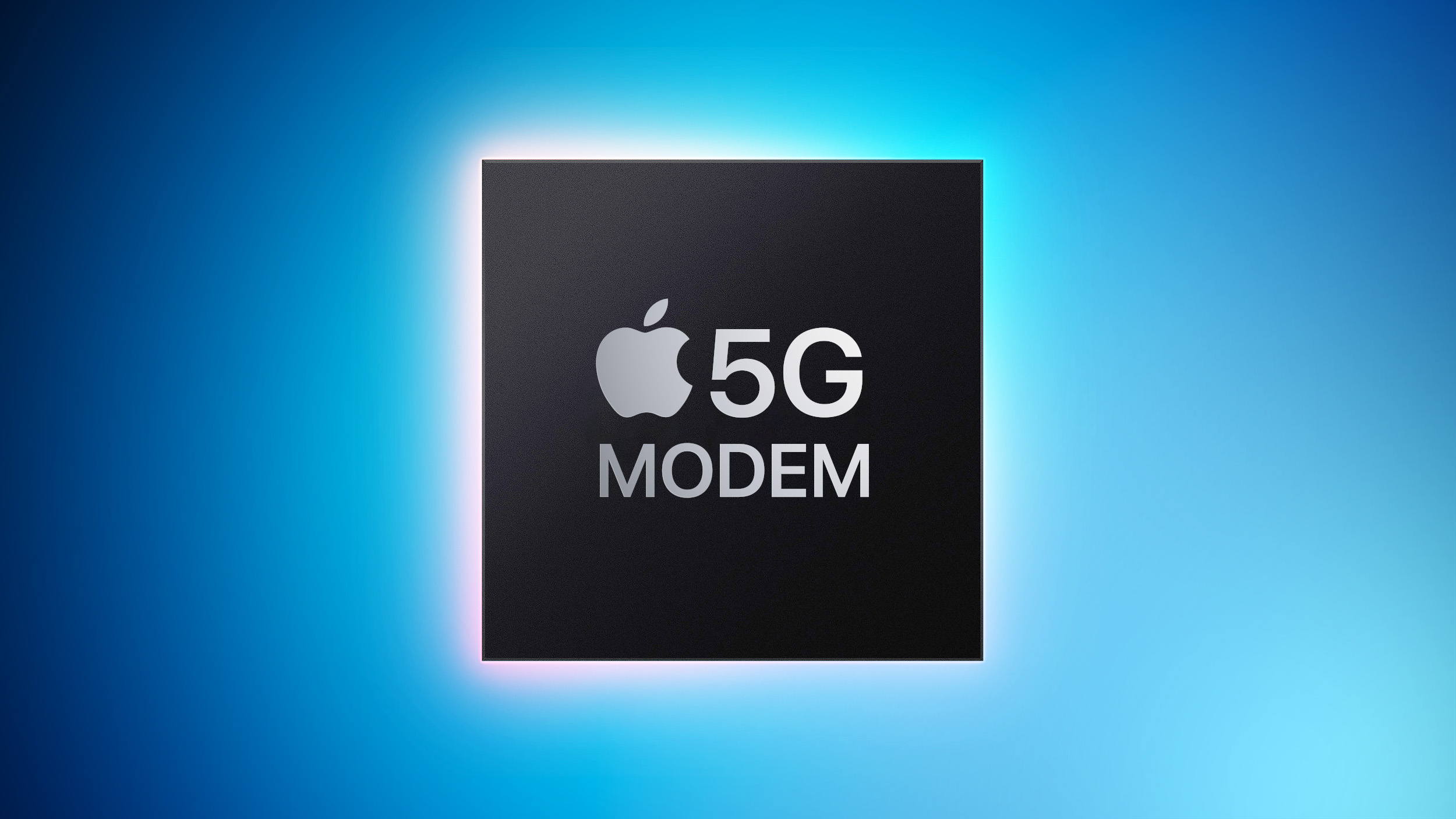Apple this week debuted its M4 Mac models, unveiling the M4 Pro and M4 Max chips. So how do the three latest-generation Apple silicon chips compare and which should you choose?
The MacBook Pro is the only product line currently available with a choice of all three M4 chips, but you will also have to choose between the M4 and M4 Pro chip when buying a Mac mini. All of the differences between the M4, M4 Pro, and M4 Max chips are listed below:
M4
M4 Pro
M4 Max
Up to 10 CPU cores
(4 performance + 6 efficiency cores)
Up to 14 CPU cores
(10 performance + 4 efficiency cores)
Up to 16 CPU cores
(12 performance + 4 efficiency cores)
Up to 10 GPU cores
Up to 20 GPU cores
Up to 40 GPU cores
120GB/s memory bandwidth
273GB/s memory bandwidth
546GB/s memory bandwidth
Up to 32GB memory
Up to 64GB memory
Up to 128GB memory
Media Engine with one video encode engine and one ProRes accelerator
Media Engine with one video encode engine and one ProRes accelerator
Media Engine with two video encode engines and two ProRes accelerators
Thunderbolt 4 support (up to 40Gb/s)
Thunderbolt 5 support (up to 120Gb/s)
Thunderbolt 5 support (up to 120Gb/s)
11- and 13-inch iPad Pro (2024)
14-inch MacBook Pro (2024)
Mac mini (2024)
iMac (2024)
14-inch MacBook Pro (2024)
16-inch MacBook Pro (2024)
Mac mini (2024)
14-inch MacBook Pro (2024)
16-inch MacBook Pro (2024)
Benchmarks for the M4 Pro and M4 Max chips are yet to be seen, but performance is likely to scale similarly to the M3 series of chips.
The M4 chip is an ideal choice for everyday users who need dependable performance for typical productivity tasks, web browsing, and media consumption. With up to 10 CPU and GPU cores and support for up to 32GB of memory, it easily handles lightweight workflows without draining battery life excessively. Devices like the iPad Pro, 14-inch MacBook Pro, Mac mini, and iMac offer this chip, providing great value for those prioritizing efficiency over intensive workflows.
For users who frequently handle intensive applications and multitasking but don’t have extreme performance demands, the M4 Pro strikes an excellent balance. With its added CPU and GPU cores, faster memory bandwidth, and support for Thunderbolt 5, the M4 Pro is a smart choice for video editing, graphic design, and advanced multitasking. It’s available in both the Mac mini and the 14- and 16-inch MacBook Pro models.
Finally, the M4 Max is engineered for power users with high-performance needs, such as 3D rendering, complex data processing, or heavy-duty video production. With up to 16 CPU cores, 40 GPU cores, and 128GB of unified memory, the M4 Max is equipped to handle the most intensive workflows. It’s a good fit for those who require top-tier performance across the CPU and GPU. It is currently exclusively available in Apple’s 14- and 16-inch MacBook Pro models.
This article, “M4 vs. M4 Pro vs. M4 Max Chip Buyer’s Guide: Which Should You Choose?” first appeared on MacRumors.com
Discuss this article in our forums
Apple this week debuted its M4 Mac models, unveiling the M4 Pro and M4 Max chips. So how do the three latest-generation Apple silicon chips compare and which should you choose?
The MacBook Pro is the only product line currently available with a choice of all three M4 chips, but you will also have to choose between the M4 and M4 Pro chip when buying a Mac mini. All of the differences between the M4, M4 Pro, and M4 Max chips are listed below:
M4
M4 Pro
M4 Max
Up to 10 CPU cores
(4 performance + 6 efficiency cores)
Up to 14 CPU cores
(10 performance + 4 efficiency cores)
Up to 16 CPU cores
(12 performance + 4 efficiency cores)
Up to 10 GPU cores
Up to 20 GPU cores
Up to 40 GPU cores
120GB/s memory bandwidth
273GB/s memory bandwidth
546GB/s memory bandwidth
Up to 32GB memory
Up to 64GB memory
Up to 128GB memory
Media Engine with one video encode engine and one ProRes accelerator
Media Engine with one video encode engine and one ProRes accelerator
Media Engine with two video encode engines and two ProRes accelerators
Thunderbolt 4 support (up to 40Gb/s)
Thunderbolt 5 support (up to 120Gb/s)
Thunderbolt 5 support (up to 120Gb/s)
11- and 13-inch iPad Pro (2024)
14-inch MacBook Pro (2024)
Mac mini (2024)
iMac (2024)
14-inch MacBook Pro (2024)
16-inch MacBook Pro (2024)
Mac mini (2024)
14-inch MacBook Pro (2024)
16-inch MacBook Pro (2024)
Benchmarks for the M4 Pro and M4 Max chips are yet to be seen, but performance is likely to scale similarly to the M3 series of chips.
The M4 chip is an ideal choice for everyday users who need dependable performance for typical productivity tasks, web browsing, and media consumption. With up to 10 CPU and GPU cores and support for up to 32GB of memory, it easily handles lightweight workflows without draining battery life excessively. Devices like the iPad Pro, 14-inch MacBook Pro, Mac mini, and iMac offer this chip, providing great value for those prioritizing efficiency over intensive workflows.
For users who frequently handle intensive applications and multitasking but don’t have extreme performance demands, the M4 Pro strikes an excellent balance. With its added CPU and GPU cores, faster memory bandwidth, and support for Thunderbolt 5, the M4 Pro is a smart choice for video editing, graphic design, and advanced multitasking. It’s available in both the Mac mini and the 14- and 16-inch MacBook Pro models.
Finally, the M4 Max is engineered for power users with high-performance needs, such as 3D rendering, complex data processing, or heavy-duty video production. With up to 16 CPU cores, 40 GPU cores, and 128GB of unified memory, the M4 Max is equipped to handle the most intensive workflows. It’s a good fit for those who require top-tier performance across the CPU and GPU. It is currently exclusively available in Apple’s 14- and 16-inch MacBook Pro models.Related Roundups: MacBook Pro, Mac miniTags: Apple Silicon, M4, M4 iMac, M4 Mac mini, M4 Mac Studio, M4 MacBook Pro, M4 MacsBuyer’s Guide: 14″ & 16″ MacBook Pro (Buy Now), Mac Mini (Buy Now)Related Forums: MacBook Pro, Mac miniThis article, “M4 vs. M4 Pro vs. M4 Max Chip Buyer’s Guide: Which Should You Choose?” first appeared on MacRumors.comDiscuss this article in our forums Read More MacRumors: Mac News and Rumors – All Stories
#Techno #PCWorld














